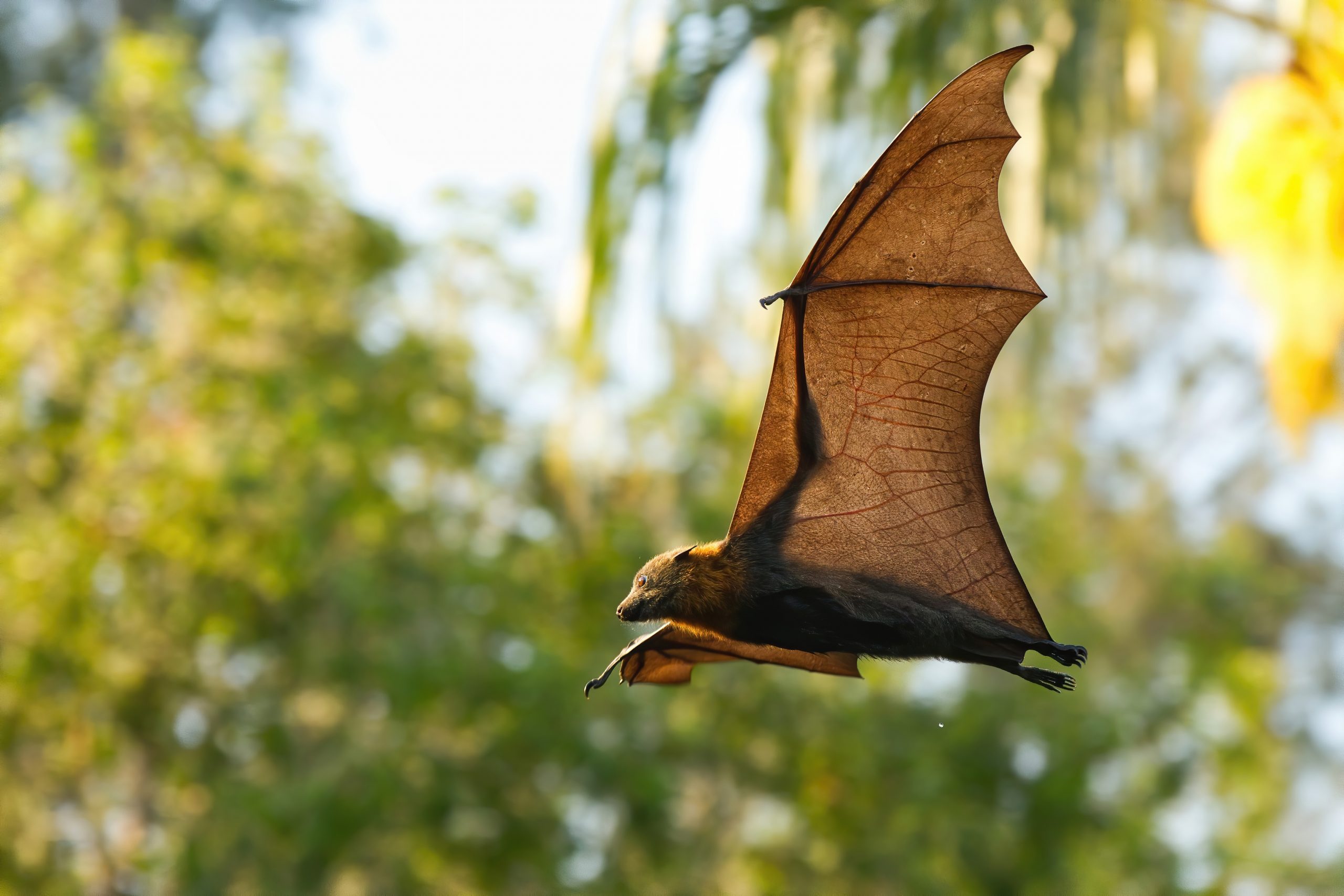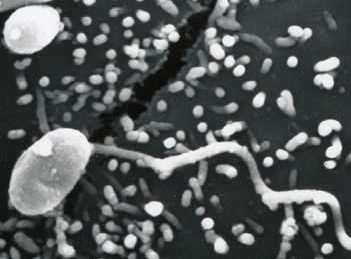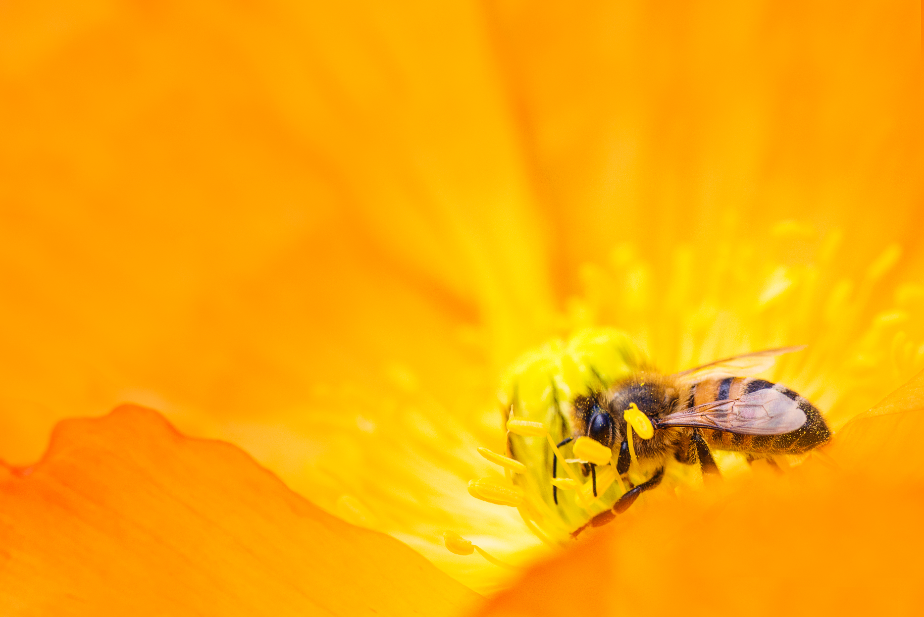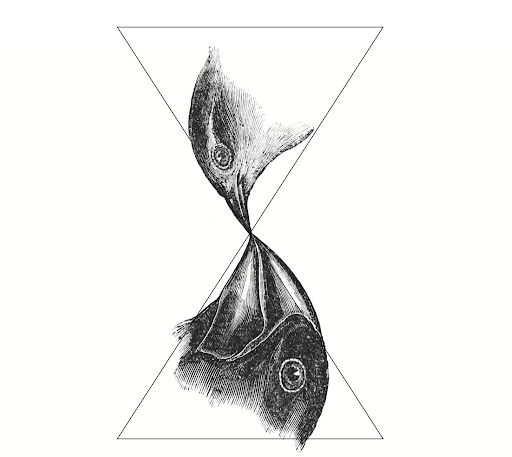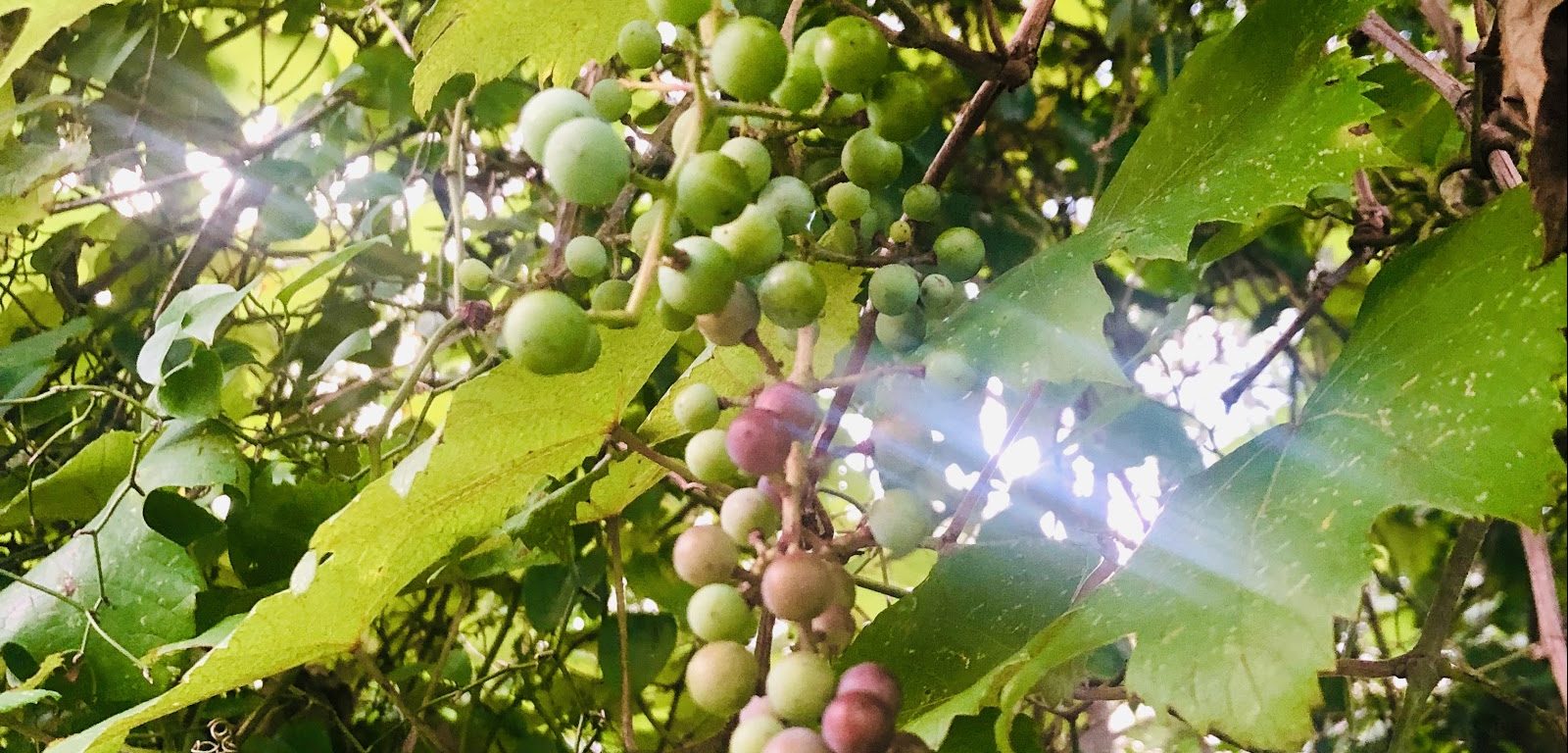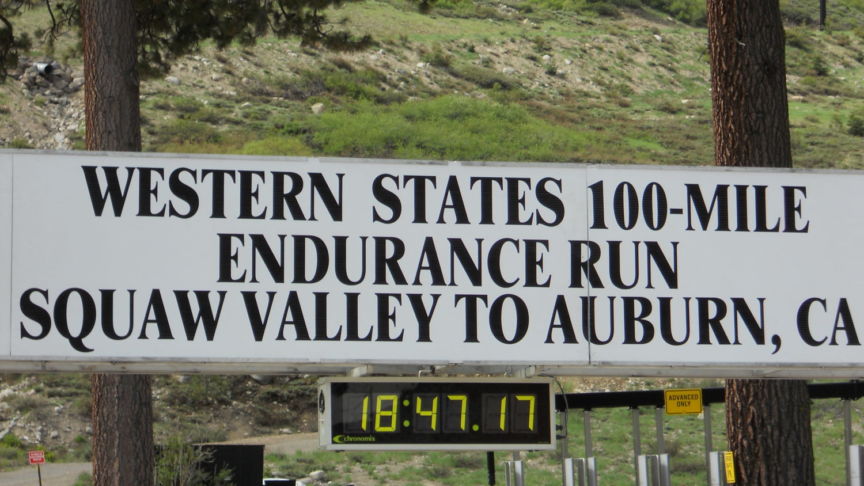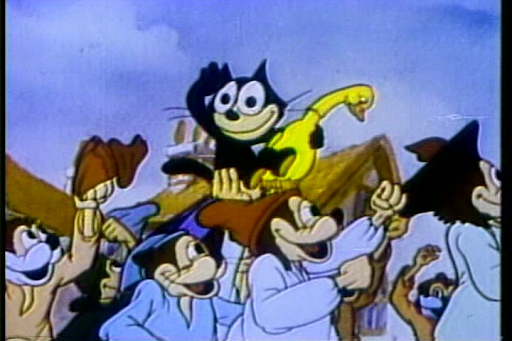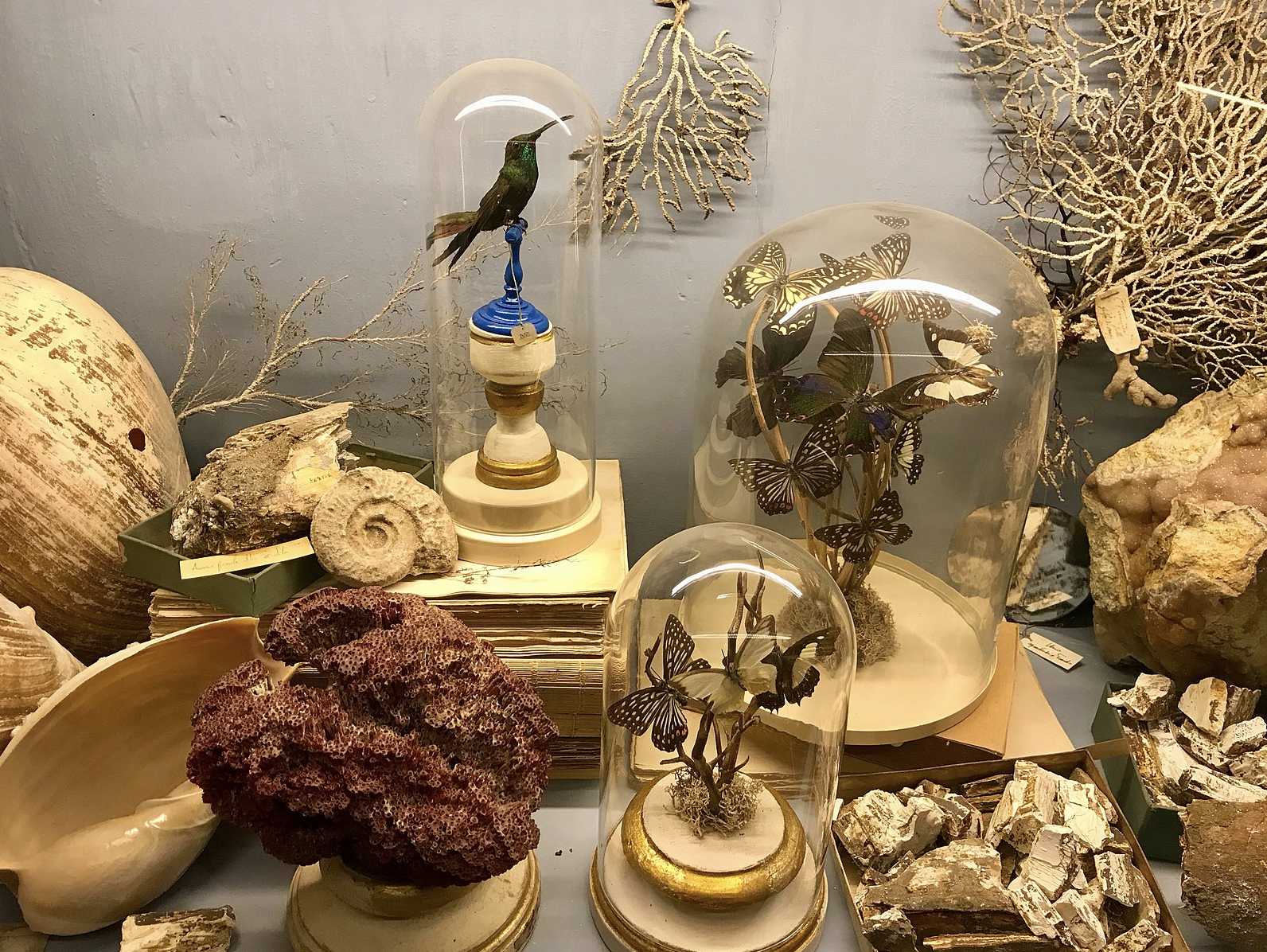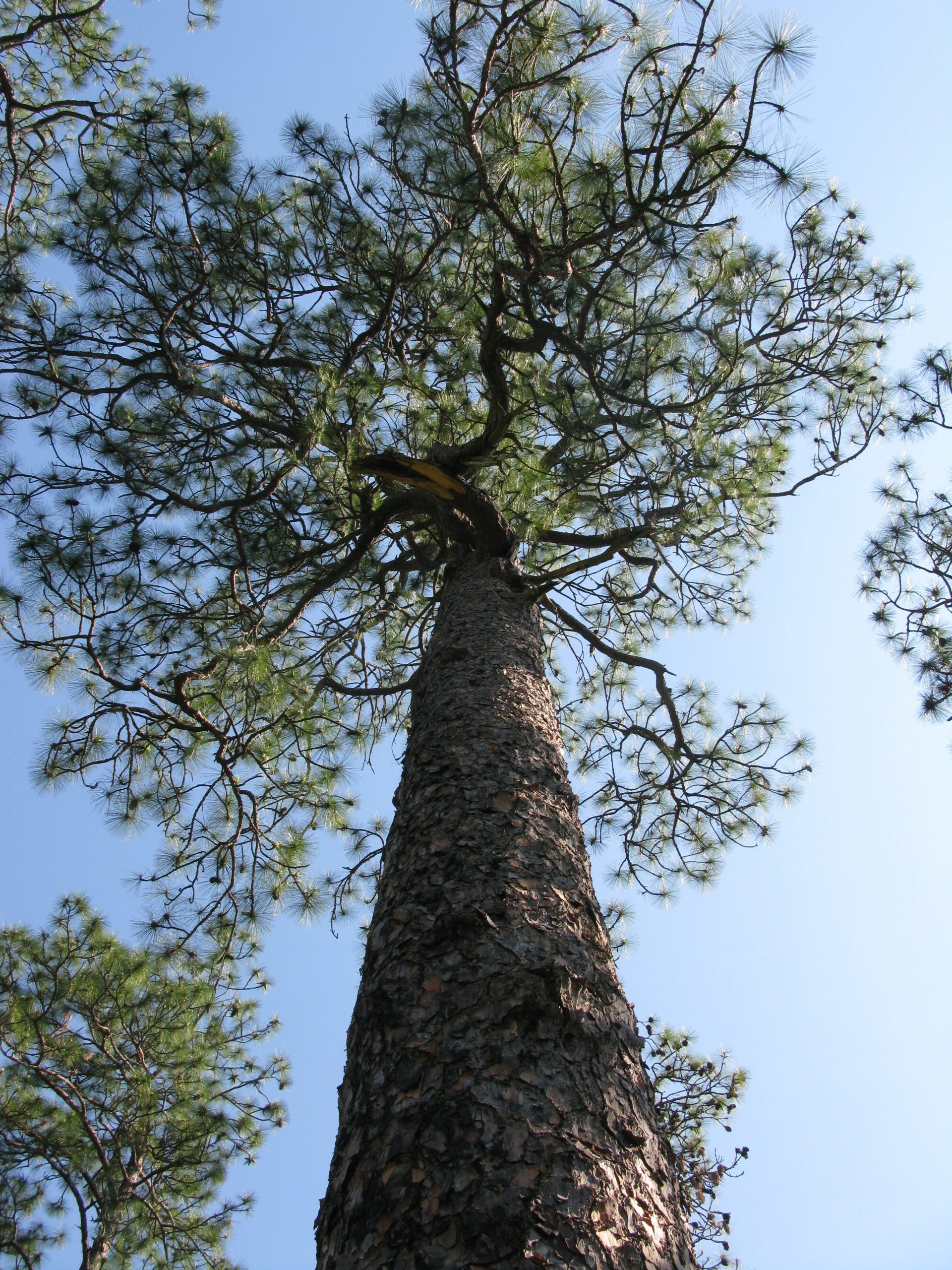
Addressing bullying in STEM: a call for UGA to empower trainees
Bullying in academia Bullying continues to be a problem in academia. A recent global survey showed that 59% and 84% of participants either witnessed or experienced abusive supervision behaviors, respectively. Bullying in academia is difficult to address because a power differential exists within the mentor-mentee relationship. Graduate students and postdoctoral researchers (both referred to as

